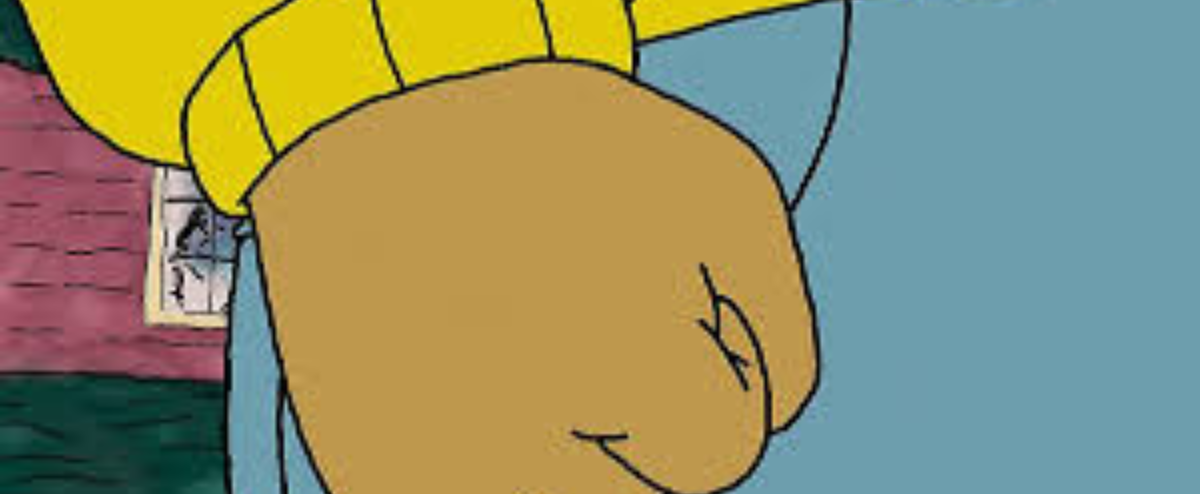The Silencing of the People’s Mic: Why Defunding PBS and NPR Hurts Us All

“Public broadcasting isn’t just background noise. It’s the soundtrack to our civic education, the bedtime stories for our children, and often, the only trusted voice in a media storm.”
In May 2025, an executive order was signed to cut all federal funding to PBS and NPR, two of the most relied-on public media outlets in the country. Some folks brushed it off, saying, “It’s only a few million dollars.” But let’s be real—this move isn’t just a budget adjustment. It’s a cultural gut punch.
And communities like ours? We’re about to feel it the hardest.
📉 So What Just Happened?
President Trump issued an executive order telling the Corporation for Public Broadcasting (CPB), which hands out more than $500 million a year, to stop all federal funding for PBS and NPR. That includes direct dollars and indirect support from other federal agencies like the Department of Education. He claims that PBS and NPR are “biased” and that government support isn't needed in today’s media buffet.
But here’s the catch: legal experts argue this move might be unconstitutional. The CPB is a private nonprofit created by Congress, and the courts have repeatedly ruled that the president can’t just override Congress’s budget decisions. Lawsuits are already flying.
📺 Why It Matters: The Real-Life Impact
Let’s break it down.
| Organization | % of Budget from Feds | What’s at Stake |
|---|---|---|
| PBS | 16% | Educational TV, rural station survival, kid shows like Sesame Street |
| NPR | 2% | Less impact nationally, but local stations could go dark |
It’s not about whether you watch PBS NewsHour or listen to All Things Considered. It’s about the local radio station in a small-town school that uses NPR stories to teach current events. It’s about low-income and rural communities where the internet is spotty and PBS is the only reliable source of kids’ programming. It’s about elderly folks who rely on their public radio station as a lifeline during tornado warnings or pandemics.
And let’s not forget: Black, Indigenous, and other marginalized communities—already underserved by commercial media—often find their stories, languages, and local leaders amplified through public broadcasting.
This isn’t just media. It’s representation and access.
The Power of the People’s Mic
PBS and NPR have long been spaces where culture, history, and resistance thrive. They gave us Ken Burns documentaries that told America’s story with all its beauty and scars. They gave us Code Switch, breaking down race and identity with nuance. They introduced your grandma to Beyoncé and your nephew to Duke Ellington.
They aren't perfect—but they’re ours.
What Can You Do About It?
This fight isn’t over. But if we sit quietly, the silence becomes policy. Here’s how to stay loud:
- 📢 Speak out – Call your representatives. Email your senators. Tell them defunding public media is unacceptable.
- 💸 Donate to your local PBS/NPR station – Especially the small ones. They need it now more than ever.
- 👀 Watch and share – Stream shows, listen to local radio, and tell your circles why it matters.
- 🗳️ Vote with this in mind – Media access is a public health and equity issue.
💬 Let’s Talk About It
Do you remember the first time you saw your community represented on screen? Or heard your story told on the radio?
Let’s keep that alive.
🗣️ Share this post, drop a comment, or tag your local public station. Let’s keep the conversation—and the culture—going.
Because defunding PBS and NPR? That’s not just losing a show.
That’s losing a voice.
